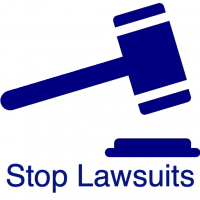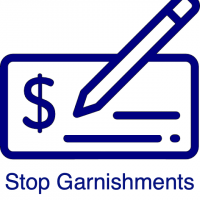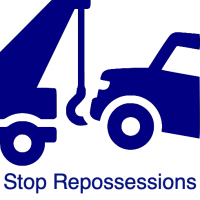Stop a garnishment by filing bankruptcy
In Tennessee, a creditor who obtains a judgment against you in court can collect against that judgment by garnishing your wages. Up to 25 percent of your after tax wages can be subject to garnishment. The garnishment will last until the creditor’s judgment is paid in full.
Filing a Bankruptcy can stop a garnishment. The automatic stay stops any creditor collection efforts and this includes a garnishment. The court will get notice of your bankruptcy filing and will release the garnishment.

If you are being garnished, you have rights to keep your money. No matter whether you are being garnished from a medical bill, personal loan, or repossessed vehicle, you can stop it. If your are in Elizabethton, Johnson City, or surrounding areas and are being garnished, let me know. I can provide you with affordable bankruptcy or debt relief help to get you back on track
Call or click for a free consultation if you are being garnished and need help from a Johnson City and Elizabethton debt relief attorney.











